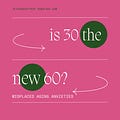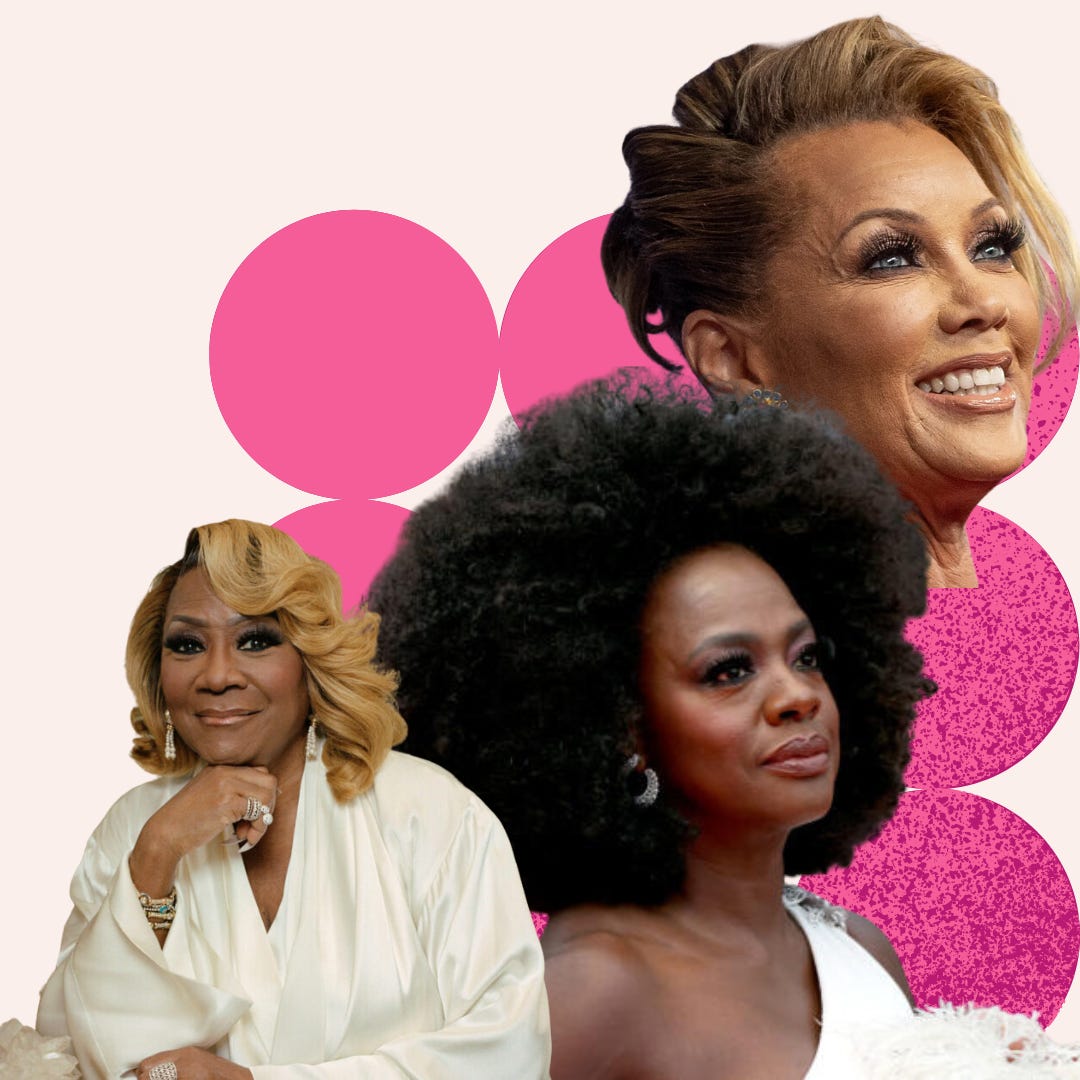This full beat explores my anxieties about aging and how I pushed past them am pushing past them.
I was not concerned with aging until after I turned 30. I had not realized this before a series of focused therapy sessions, but my beliefs about aging had been founded in the bodies of the women I love the most. I thought nothing of aging because the women who shaped my beliefs about aging are beautiful, vibrant, and were until recently completely able bodied. It was not until illness reshaped their bodies did I realize that I was okay with aging so long as I could guarantee, through my loved ones, that I too would grow older while remaining beautiful and able bodied.
At the risk of sounding completely self involved, I will not be discussing their illnesses/physical changes in detail.
When illness began to change their bodies I aligned it with aging. As a result, my gray hair was no longer a quirky topic of discussion. An innocent remark that I reminded a teenage cashier of her mom haunted me. So did my former student's innocent question "do you know what mid means Miss?" My name, with Ms. in front of it, felt like an attack on my youth. Which had become synonymous with my potential health.
I will take a moment here to underscore why this slow realization of my internalized ableism and ageism was so difficult for me to identify and admit. My doctorate is in English Literature and my concentration is Critical Disability Studies. This means that I spent the last few years of my life reading, writing, and thinking about Disability and Illness. Along the way I attended conferences, workshops, and training to help rid me of all the internalized-isms I could identify. But, when in therapy I realized where some of my new fears about aging were coming from, I felt ashamed.
I was embarrassed because I had done exactly what my experience had taught me not to do, I'd begun to view the women I loved with their changed bodies in mind. In a foundational critical disability studies text, Rosemarie Garland-Thompson writes that disabled women’s bodies, “...become a repository for for social anxieties about such troubling concerns as vulnerability, control, and identity” (Thompson, 6). I was participating in the exact kind of reductive and limiting views of ill women that I had been taught (and later taught my students) to identify and resist.
After I realized what was going on I started to do some work to rewire my brain about how I think about aging and disability. While therapy was an important factor (shout out to my therapist) I took a few other actionable steps to help me shift my perspective. I am turning 33 soon and feel much more confident and secure about aging than I did at 30. The women I love are aging, and beautiful, and their bodies are forever changed by their illnesses, all at the same time. I recognize the privilege it is to have been raised by them and bear witness to their lives because aging is a privilege.
Things I did to change my relationship with aging & disability (in addition to therapy):
Increase the amount of disabled beauty & lifestyle influencers I follow.
Alana, self proclaimed “Paralyzed Babe” is definitely a favorite.
Read more about what middle aged and elderly women have to say about aging.
Oldster was a great introduction to a ton of older women writers who often look back on their lives with fondness.
Or listen to them on podcasts like Listen to Black Girls Guide to Surviving Menopause.
Learn more about how corporations benefit from stoking women’s anti-aging fears.
The Unpublishable is the ultimate source of knowledge on how corporations create and uphold insane beauty standards for profit.
Remember that our ableist world needs to change, not other people’s bodies
Alice Wong’s Disability Visibility, “a column on being disabled in a nondisabled world” is an excellent place to begin.
Turn to 50+ women as sources of style and fashion inspiration.
@AdvancedStyleOfficial highlights some of the most unique and free women over 50, who use fashion to express themselves.
Support sites and spaces dedicated to helping older Black women tell their stories in their own words.
Real Black Grandmothers: A Digital Archive is a loving example of what can happen when we honor and share older Black women’s lives.



